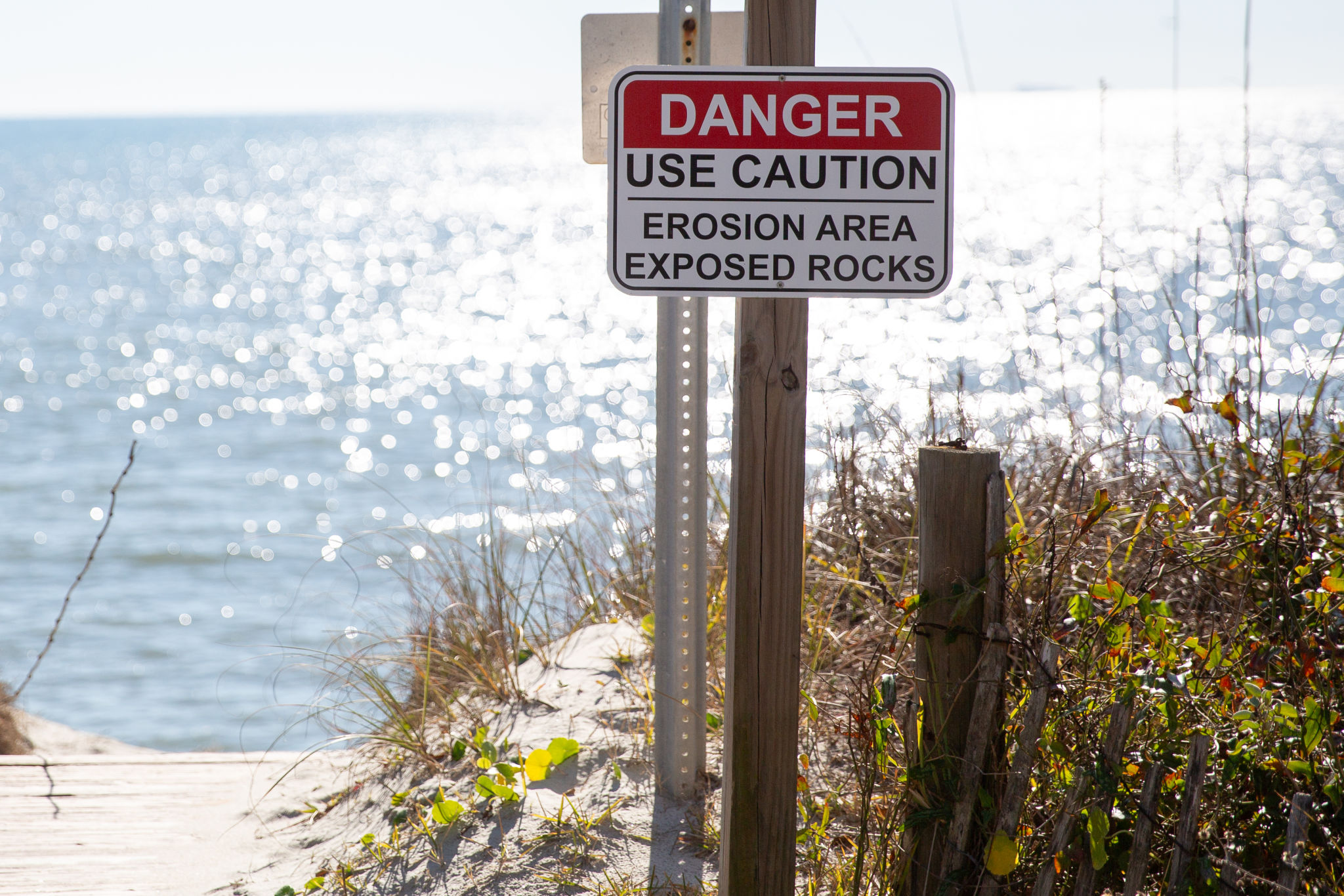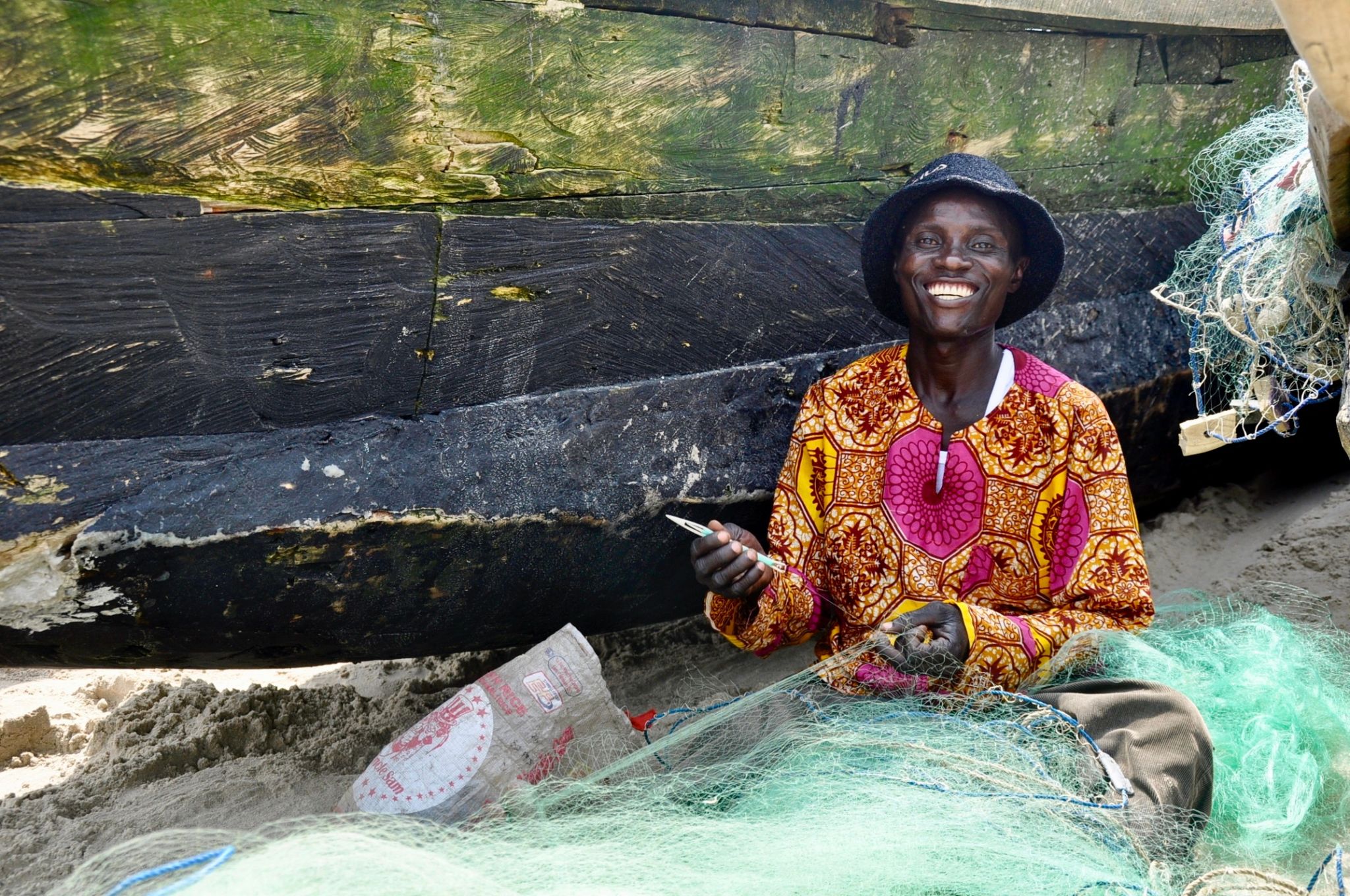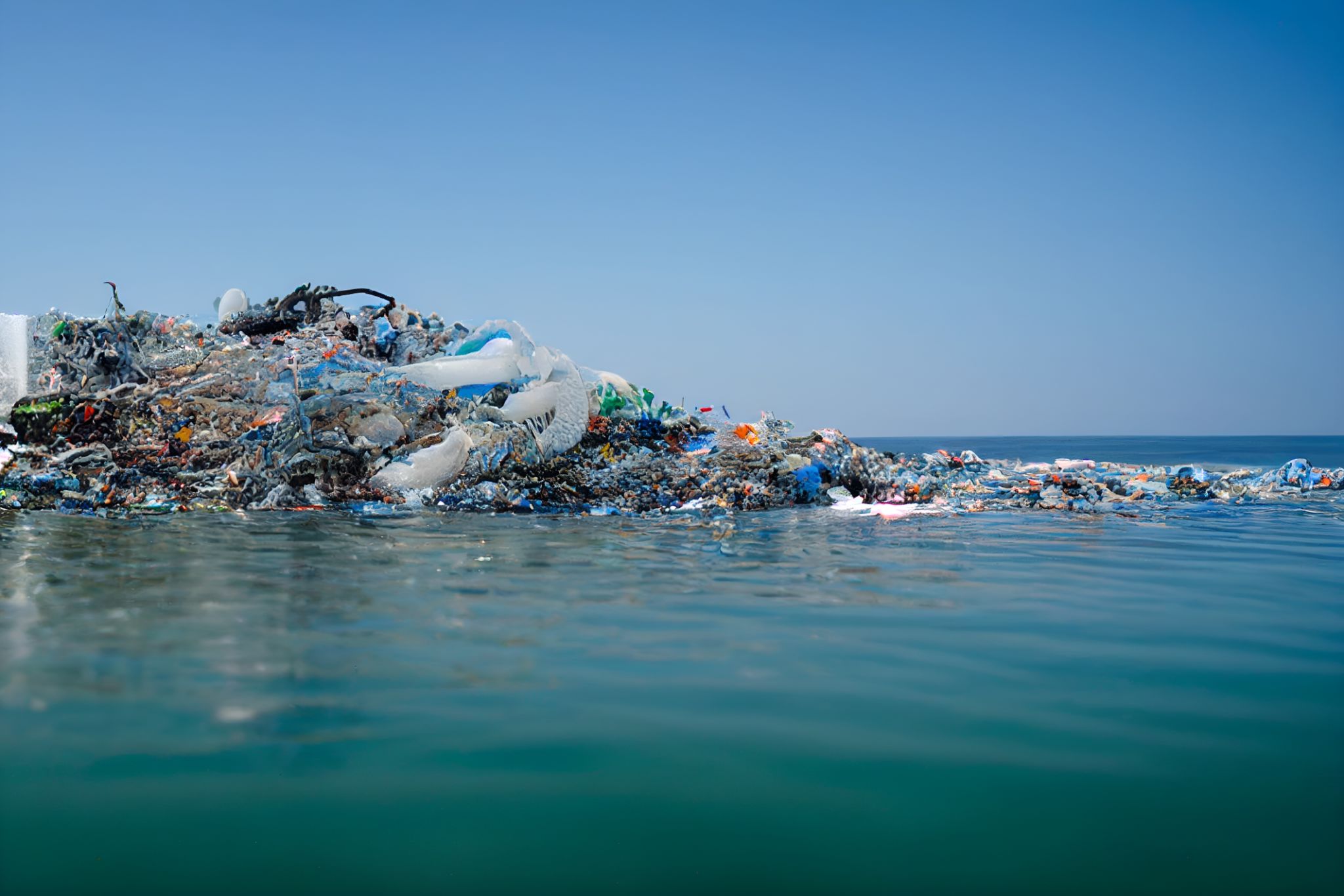Top Challenges Facing Coastal Communities in Ghana and How to Overcome Them
Environmental Degradation
Coastal communities in Ghana are facing significant environmental challenges. One of the primary issues is coastal erosion, which is exacerbated by climate change and human activities. The loss of land not only affects housing but also disrupts local ecosystems, leading to a decline in fisheries and biodiversity.
To combat these challenges, communities and stakeholders can implement sustainable coastal management practices. This includes planting mangroves to stabilize coastlines, enforcing regulations on sand mining, and promoting community awareness about the impacts of climate change.

Economic Instability
Economic instability is another pressing issue for Ghana's coastal communities. Many residents rely on fishing as their primary source of income. However, overfishing and pollution have led to dwindling fish stocks, threatening livelihoods. Additionally, the lack of access to modern fishing equipment and techniques further hampers productivity.
To overcome this challenge, it is crucial to invest in sustainable fishing practices. Providing training and access to improved fishing gear can help increase efficiency. Furthermore, diversifying income sources by promoting tourism and small-scale businesses can enhance economic resilience.

Infrastructure Development
Infrastructure in coastal areas often faces neglect, leading to inadequate housing, roads, and sanitation facilities. This not only affects the quality of life but also limits opportunities for economic growth and development.
Government and private sector partnerships can play a pivotal role in developing infrastructure. By investing in roads, schools, and healthcare facilities, these partnerships can improve living conditions and create a more conducive environment for economic activities.
Waste Management Issues
Improper waste management poses a severe threat to coastal communities in Ghana. The accumulation of plastic waste and other pollutants harm marine life and pose health risks to residents. This problem is compounded by limited waste collection services and a lack of awareness about environmental conservation.
Implementing effective waste management systems is essential. Encouraging community participation in clean-up initiatives, promoting recycling programs, and strengthening waste collection services can significantly mitigate this issue.

Social Challenges
Social challenges such as poverty and limited access to education also impact coastal communities. These issues often lead to high rates of unemployment and hinder social mobility, perpetuating a cycle of poverty.
Addressing these challenges requires a multifaceted approach. Improving access to quality education and vocational training can empower individuals with the skills needed for better employment opportunities. Additionally, community-based programs that focus on empowerment and skill development can foster social cohesion and growth.
Climate Change Resilience
Finally, building resilience against climate change is critical for the sustainability of Ghana's coastal communities. The increasing frequency of extreme weather events poses a continuous threat to their livelihoods and safety.
Enhancing resilience can be achieved through community-led initiatives such as early warning systems, climate-smart agriculture, and disaster risk management strategies. By fostering collaboration among local authorities, NGOs, and international organizations, coastal communities can be better prepared to face the impacts of climate change.
